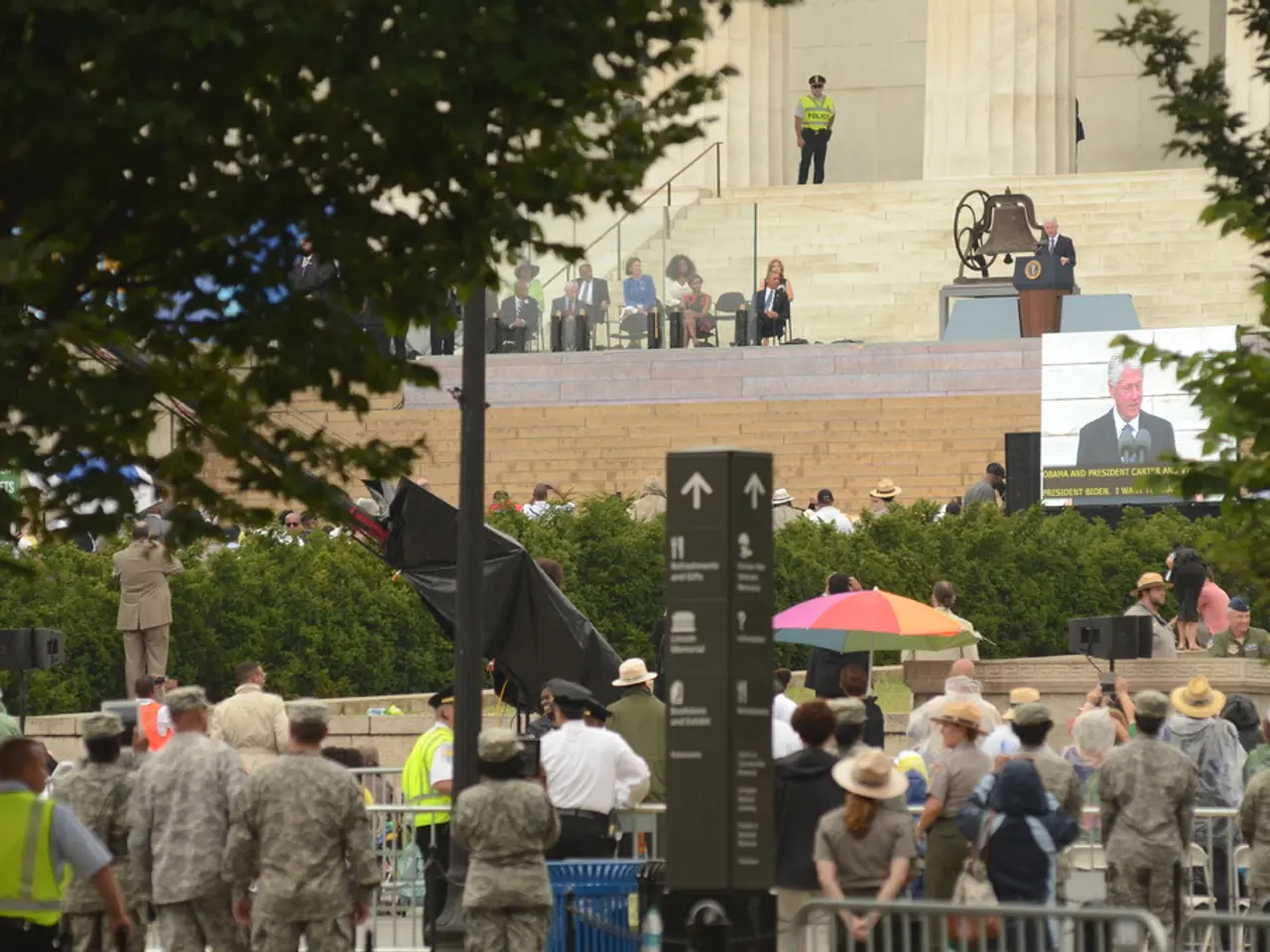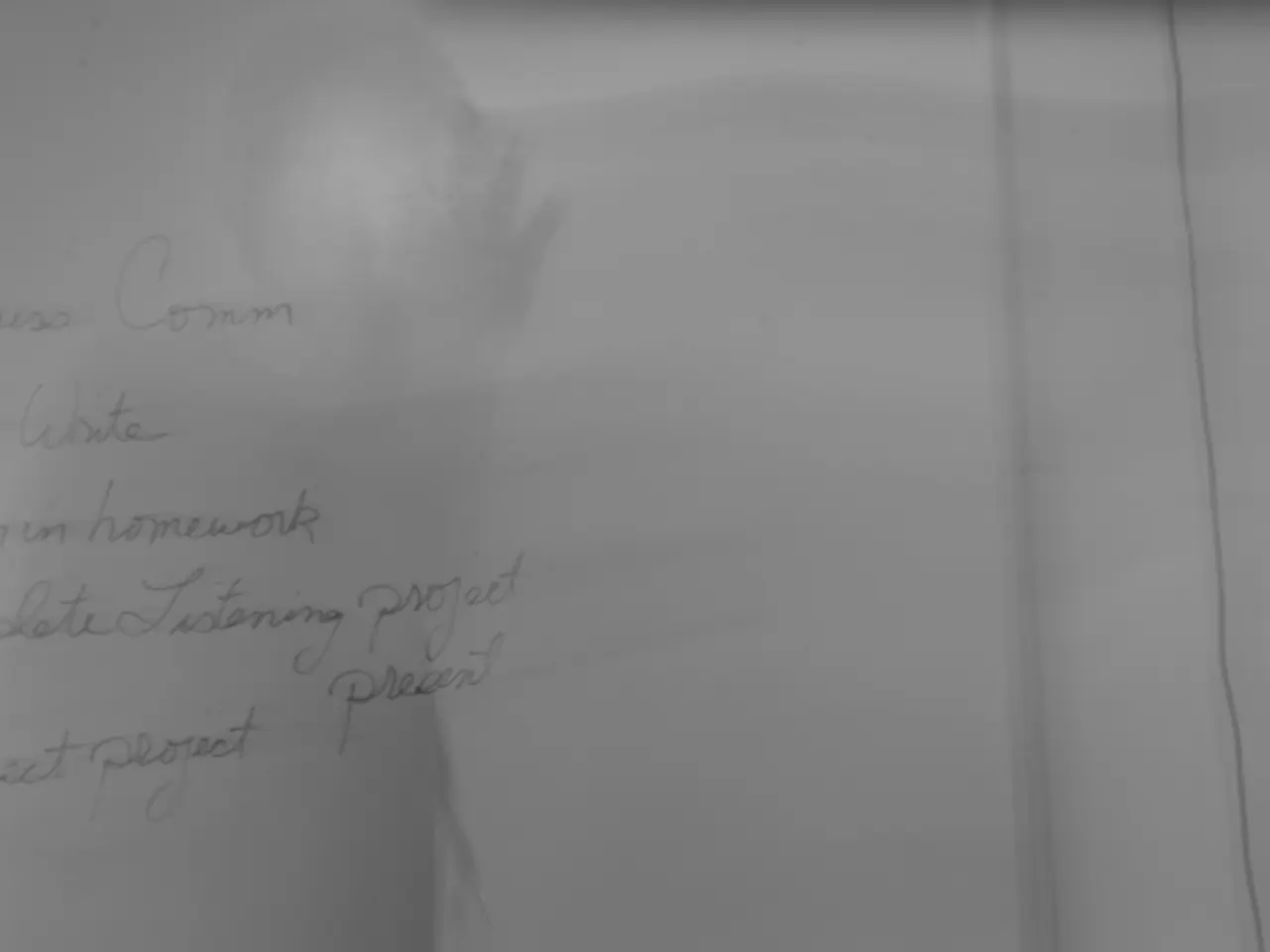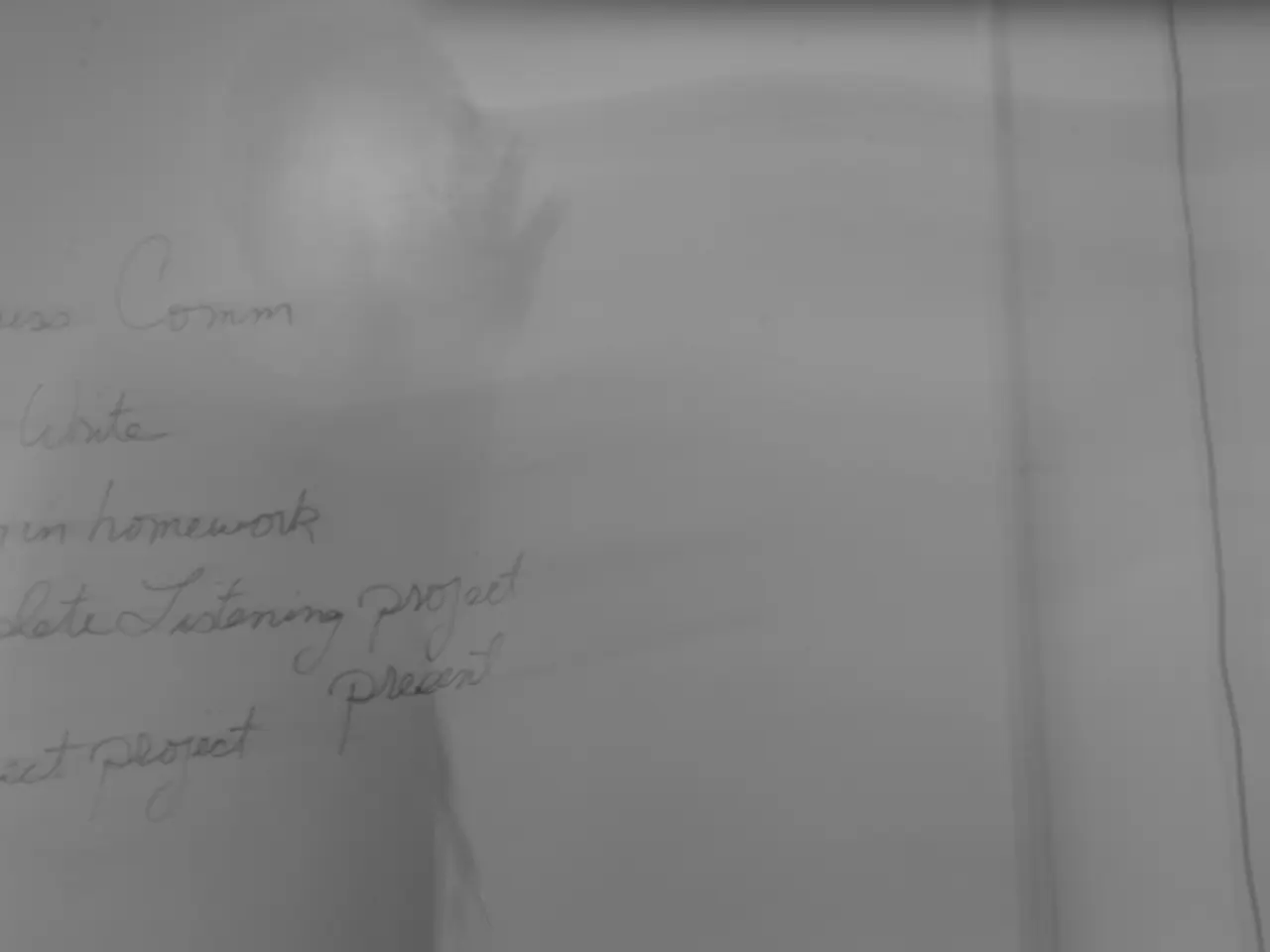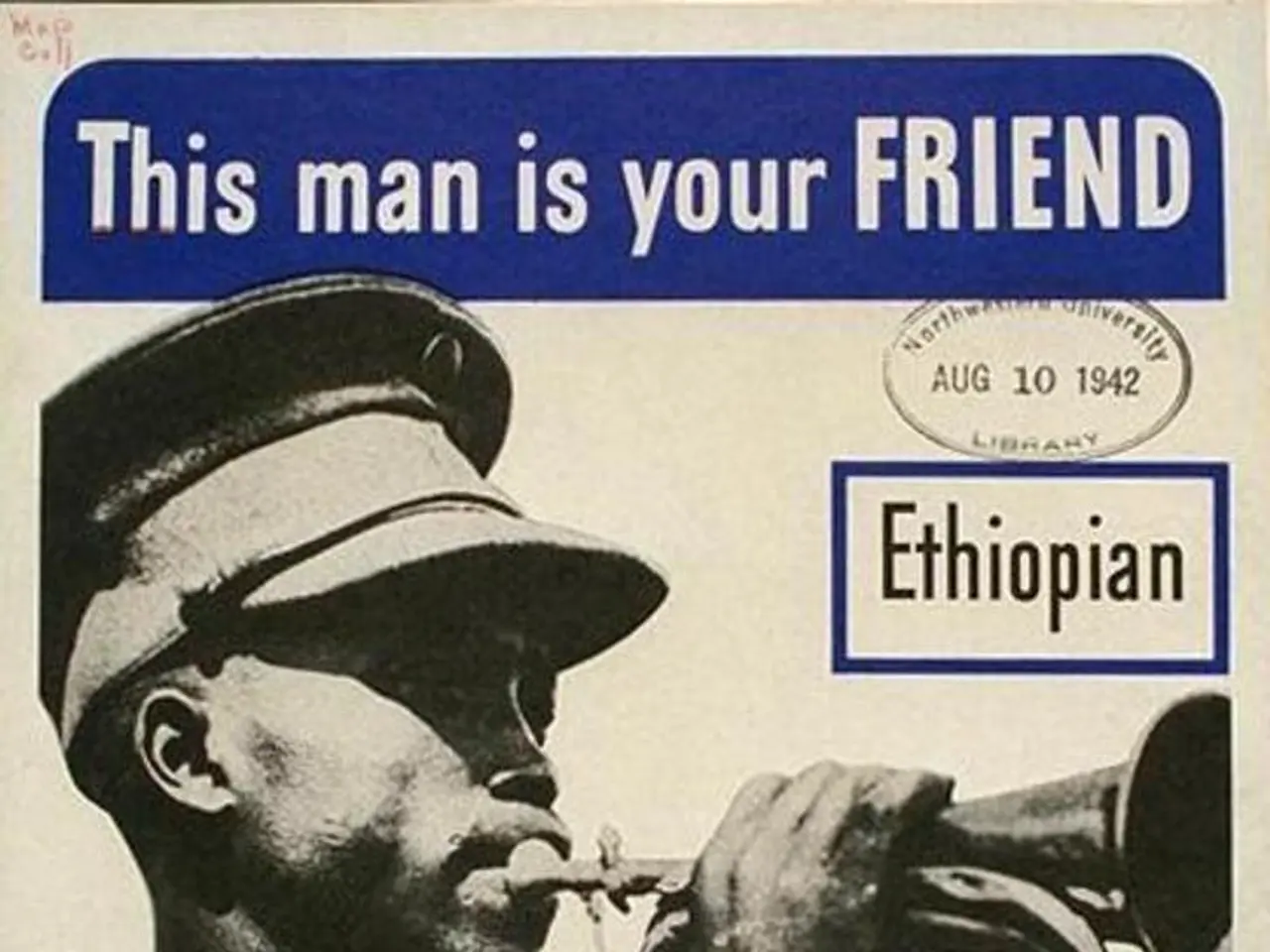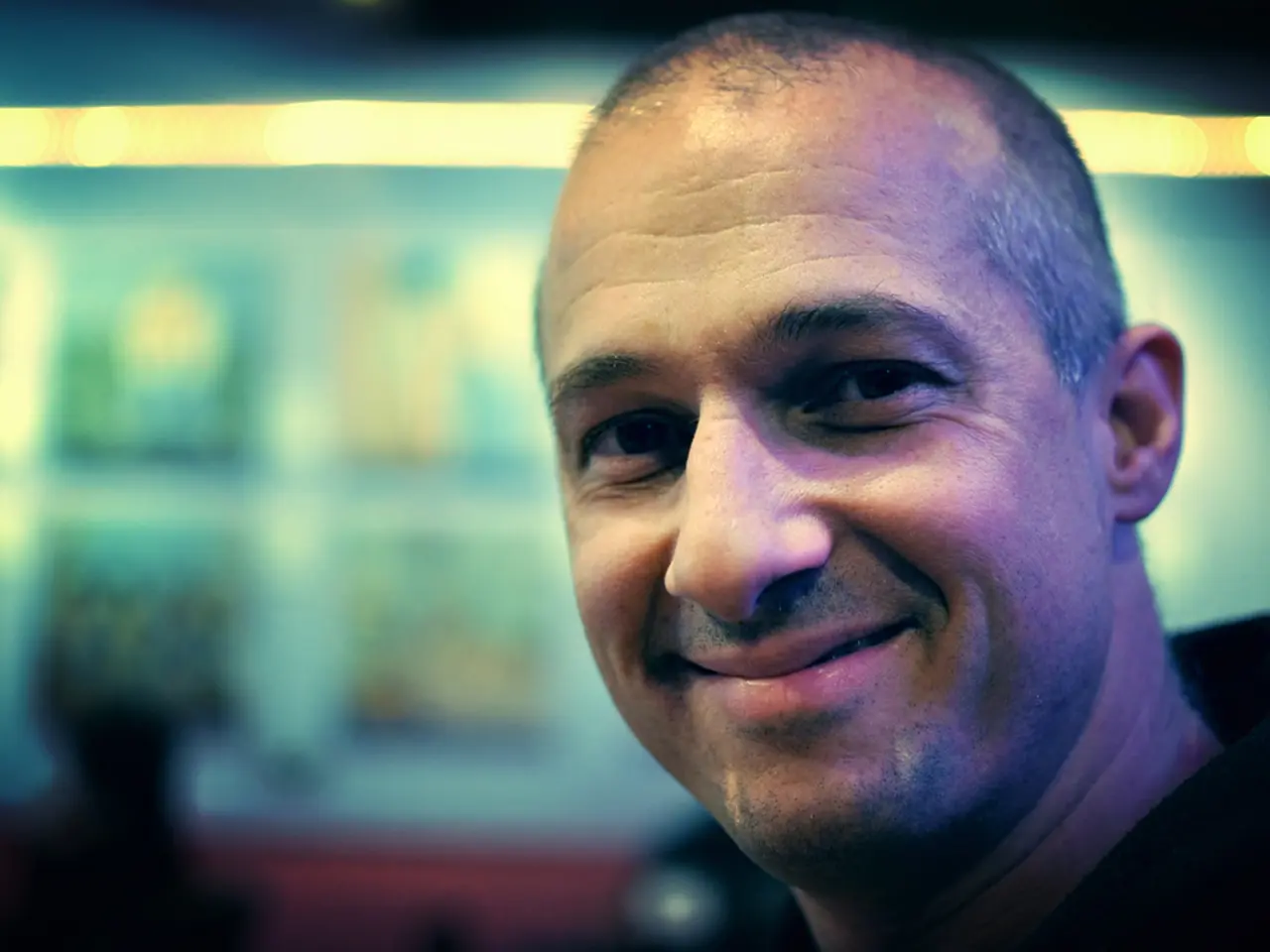Political Spectacle Unveils in Lok Sabha During Operation Sindoor
In the hallowed halls of the Lok Sabha, the Operation Sindoor debate unfolded as more than just a national security briefing. It was a politically charged moment, marked by unexpected gestures and charged confrontations.
The session, during Amit Shah's address, was a spectacle of political theatre. Union Minister Gajendra Singh Shekhawat's respectful gesture of vacating his seat for Finance Minister Nirmala Sitharaman was one such unspoken signal that resonated in the corridors of power.
The debate revealed deeper layers of Indian politics, with national security issues intertwined with party strategies, internal alignments, and personal loyalties. The ruling BJP framed the operation as a necessary muscular and calibrated response to terrorism, showcasing India’s strategic strength and resolve. Prime Minister Modi strongly countered opposition allegations by accusing them of undermining national security and aligning with Pakistan’s propaganda.
Opposition leaders, led by Rahul Gandhi, challenged the government on issues like intelligence failures and the premature cessation of the operation, asserting a need for accountability and transparency. Akhilesh Yadav's deliberate entry and challenge to Amit Shah during the debate positioned him as a key opposition leader willing to confront the BJP head-on.
Priyanka Gandhi's composed demeanor and note-taking throughout Amit Shah's speech hinted at her strategic preparation to counter the BJP's narrative. Shashi Tharoor's unexpected endorsement of BJP's hardline stance during the debate was a significant departure from his usual positions.
The shifting political alliances within Congress and the broader opposition, coupled with moments of solidarity like Tharoor's desk-thumping, suggest that the Operation Sindoor debate is not just a one-off episode but a series of debates that will define the future course of national security discourse in India.
The political drama surrounding the Operation Sindoor debate is set to continue, with every gesture speaking volumes about the future of India's political discourse. Akhilesh Yadav's rebuttals during the debate were not just to question government policy but to challenge the broader narrative surrounding India's handling of the Kashmir issue.
The debate's gestures and dynamics reflect an increasingly confident and combative ruling party that ties national security tightly to its political identity. The opposition’s persistent questioning highlights the functioning of checks and balances where the government’s military decisions are held up for scrutiny without being subdued by executive dominance. The intense parliamentary drama thus mirrors a democratic culture unafraid to question even its "sharpest sword," reinforcing India’s functioning pluralism despite deep political polarization.
In summary, the Operation Sindoor debate's gestures and dynamics reveal a political landscape sharply divided but vibrant, where military actions translate into high-stakes political theatre. It signals a democratic republic that simultaneously projects strategic toughness internationally and a willingness to conduct rigorous internal debates, exposing both political divisions and the robustness of parliamentary engagement in India.
In the midst of the Operation Sindoor debate's political theatre, policies and legislation regarding war-and-conflicts were at the forefront of discussions. The intensified parliamentary drama mirrors a democratic culture where policy-and-legislation, politics, general-news, and national security are intricately intertwined, a clear reflection of the vibrant yet sharply divided political landscape in India.
The opposition's persistent questioning during the Operation Sindoor debate not only highlights the functioning of checks and balances but also the scrutiny of military decisions, underscoring the importance of policy-and-legislation, politics, general-news, and national security within the context of war-and-conflicts.
